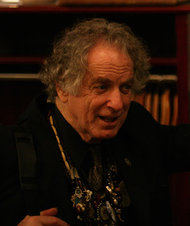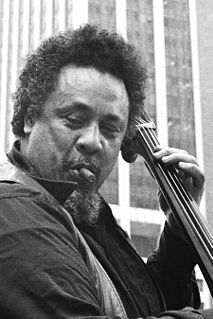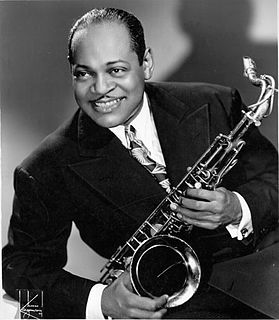A Quote by David Amram
When you are accompanying someone, you are listening to them the way you listen to a Bach Chorale, where four parts are going on at the same time, all of which are gorgeous melodies, all being played simultaneously.
Related Quotes
When the Beatles wrote 'Paperback Writer,' it couldn't have been the same old thing. You can hear so many influences in it, from the blues to Bach, and it's not just verse, chorus, verse, chorus, bridge chorus. They start off singing a cappella, almost like a Bach chorale, and the song goes into this bluesy guitar riff.
Listening is more than being quiet. Listening is much more than silence. Listening requires undivided attention. The time to listen is when someone needs to be heard. The time to deal with a person with a problem is when he has the problem. The time to listen is the time when our interest and love are vital to the one who seeks our ear, our heart, our help, and our empathy.
Bach was so mathematical and I liked this idea that you could have one instrument going, 'One, two, three, four', and then you have another instrument going, [double time] 'One, two, three four', and another instrument going, [doubled again] 'One, two, three, four, one, two, three, four', so you could add twos and fours and eighths, and that happens a lot in Bach.
If they think they are doing something new, they ought to do what I do every day - spend at least two hours every day listening to Johann Sebastian Bach and, man, it's all there. If they want to improvise around a theme,which is the essence of jazz, they should learn from the master. He never wastes a note, and he knows where every note is going and when to bring it back. Some of these cats go way out and forget where they began or what they started to do. Bach will clear it up for them.
I liked AC/DC," Lee said. "If you were going to shoot someone, you'd really want to do it while you were listening to them." "What about the Beatles? Did you feel like shooting anyone listening to them?" Lee considered seriously for a moment, then said, "Myself." At the same time he was laughing, Ig was distressed. Not liking the Beatles was almost as bad as not knowing about them at all.
In a way, I see my fiction as having moved in that direction - and the characters as dealing simultaneously with their personal history and with the present in which they are trying to make their way. So that the books are simultaneously about public and interior events. And I am having a great time getting confused and crazed writing about them.
True listening is never self-effacement. We bring the whole self to the process, rather than denying self. When we truly listen, we aren't just waiting for someone else to decide something so we can get on with things, or so we don't have to decide for ourselves. We aren't giving away our own powers to be seen and heard. When we listen, first we listen to the parts of ourselves that are curious, in avoidance, afraid, angry, or proud. Then we can take a breath and sink, allowing those parts some space alongside the spaciousness of not knowing.
People listen to The Beatles, but while they were muscially influential, they weren't culturally influential in quite the same way. You can go into the back of beyond in a little Indian village, and they will listen to Bob Marley. But they're not going to be listening to The Beatles or The Rolling Stones.
Listening is the oldest and perhaps the most powerful tool of healing. It is often through the quality of our listening and not the wisdom of our words that we are able to effect the most profound changes in the people around us. When we listen, we offer with our attention an opportunity for wholeness. Our listening creates sanctuary for the homeless parts within the other person. That which has been denied, unloved, devalued by themselves and others. That which is hidden.







































